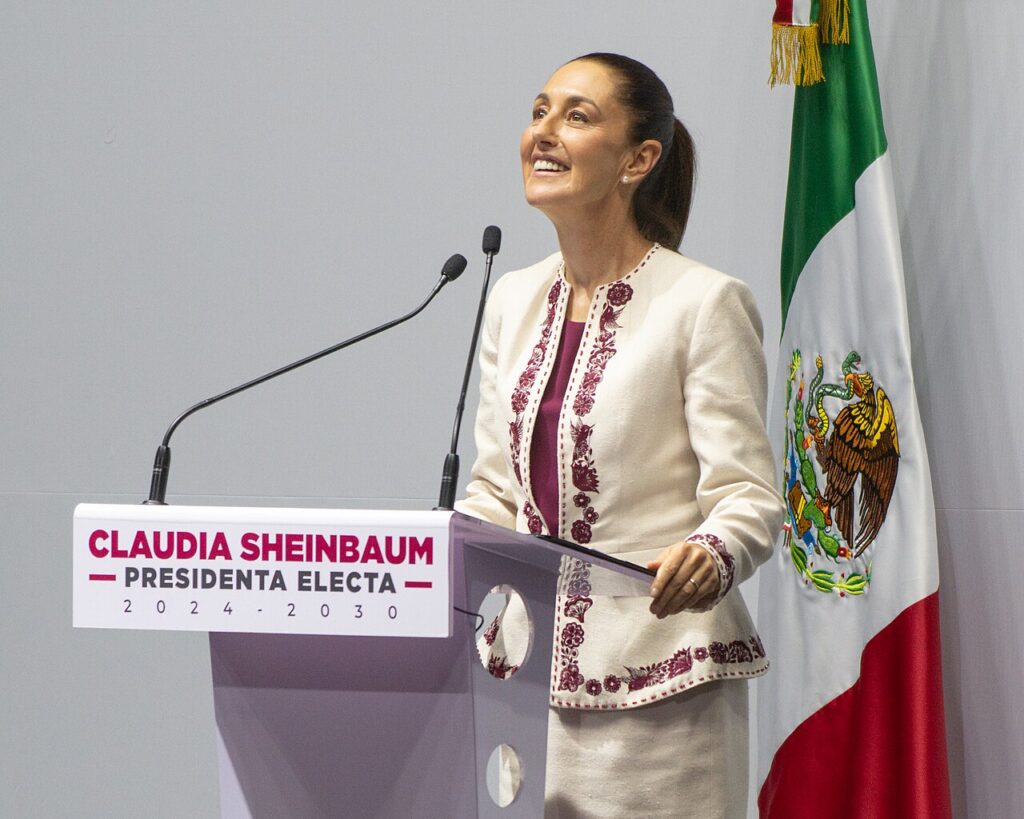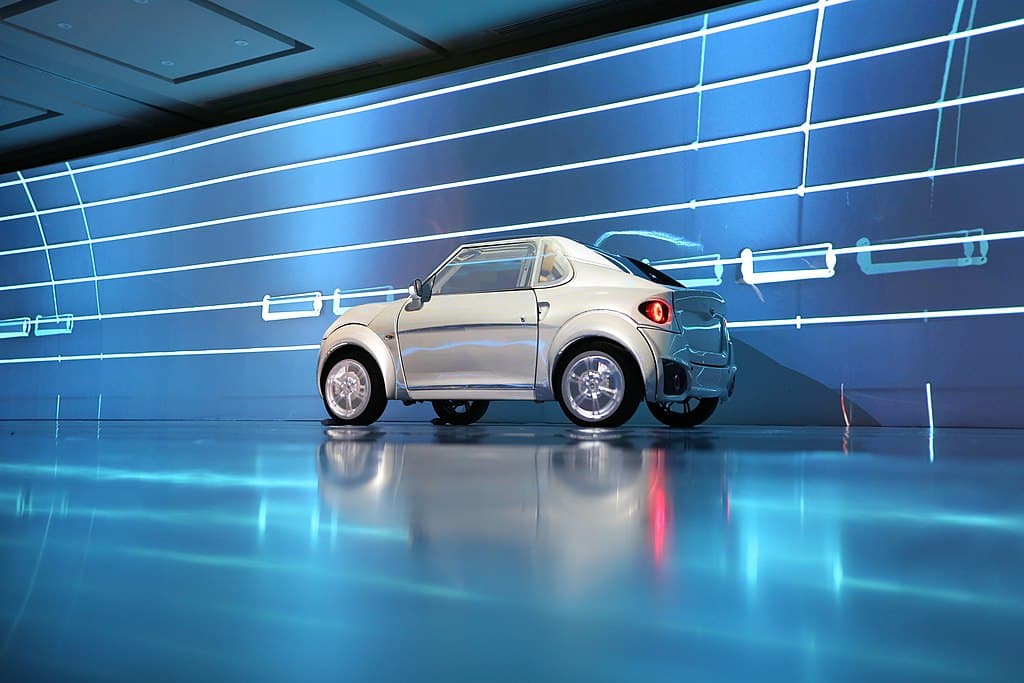Mexico Plans New, Affordable EV Brand
Mexico’s new president, Claudia Sheinbaum, announced plans to produce an electric vehicle (EV) that will be fully manufactured and assembled in Mexico. This initiative is part of her broader vision to modernize Mexico’s industrial landscape by focusing on advanced technologies, including semiconductors, drones, and clean energy solutions. The EV, tentatively named Olinia, draws inspiration from the Náhuatl word “Olini,” meaning “movement.” The aim is to create a more affordable EV alternative to help make electric vehicles accessible to a larger portion of the Mexican population. This would contrast with the higher-priced EVs currently on the market, such as the Chevrolet Equinox, which is priced at around $43,000.
Sheinbaum’s administration envisions this project as part of a larger effort to position Mexico as a key player in future mobility, leveraging the country’s well-established automotive industry. The plan also aligns with other initiatives, like advancing lithium extraction and renewable energy solutions, although details on specific clean energy measures have not yet been fully elaborated. The EV project seeks to capitalize on Mexico’s strong manufacturing infrastructure while offering a significant step forward in sustainability.

“Mexicans have creativity, determination and capacity to spare. So, we will produce ‘Olinia,’ a small, 100% electric, accessible car, designed by young people and assembled in our country,” Sheinbaum said.
The new EV project seeks to establish Mexico as a major car producer, a goal of the Technological Development Program for Innovation, one of Sheinbaum’s 100 commitments for her presidency.
Mexico has seen significant growth in the assembly of electric and hybrid vehicles. Established automakers in Mexico include Audi, BMW, Ford Motor Company, General Motors, Honda, Hyundai, Jac by Giant Motors, Kia, Mazda, Mercedes Benz, Nissan, Stellantis, Toyota and Volkswagen.
Olinia May be Manufactured in Sonora
During her press conference on October 15, President Claudia Sheinbaum mentioned the possibility of producing the Olinia EV in Sonora, highlighting the northern state’s favorable electricity rates as a key factor. Following this announcement, Sonora’s Governor, Alfonso Durazo Montaño, expressed his gratitude on social media, thanking Sheinbaum for considering Sonora as a potential hub for the production of Mexico’s first locally designed and manufactured electric vehicle.
Governor Durazo emphasized that Sonora is well-suited for EV production, especially due to its growing potential in the clean energy sector. This reflects Sonora’s strategic importance in developing renewable energy, particularly in solar power, and its proximity to critical supply chains and raw materials, such as lithium. The state’s ambitions to become a leader in sustainable energy production further strengthen its candidacy as an ideal location for the Olinia project.
“[Olinia] will represent an important step towards the transition to clean energy in Mexico,” Durazo said.
Olinia Will Be Designed as an Affordable EV for Mexican Families and Young People
Olinia is set to become an affordable electric vehicle (EV) aimed at Mexican families and young consumers. The target price for the EV is under 500,000 pesos (approximately US $25,000), making it more accessible than other EV models currently available in Mexico, such as the SEV E-Wan Cross and the BYD Dolphin Mini.
These competitive pricing goals are central to President Claudia Sheinbaum’s vision of making electric mobility attainable for a broader segment of the population, especially given the rising costs of gasoline and the growing demand for cleaner transportation options. High prices for electric vehicles (EVs) pose a significant barrier to EV adoption in Mexico.
Zacua, Mexico’s First EV
Zacua México, founded in July 2017 in Mexico City, became the first company to produce and sell a Mexican electric car. The company collaborated with the French automaker Automobiles Chatenet, using the Chatenet CH30 microcar as the base to develop the Zacua MX3 and MX2 models, with completely new electric drivetrains supplied by the Spanish company Dynamik Technological Alliance. Zacua sourced its batteries from a Chinese partner and began production in Puebla in 2019, focusing on the growing demand for small, affordable electric cars in Mexico. The microcars, only available in the domestic market, compete with models like the Renault Twizy.

Zacua is proud of its commitment to manufacturing most of the body and drivetrain components locally in Mexico, making it a key player in the country’s burgeoning EV industry. The Zacua MX3 and MX2 are part of a broader effort to provide eco-friendly, compact transportation options tailored to urban environments.

Electric Vehicle Marketing Consultant, Writer and Editor. Publisher EVinfo.net.
Services